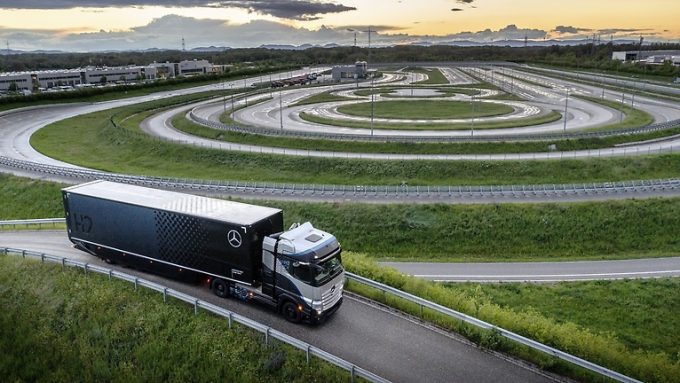US tariff policy 'unsustainable and only temporary', says Geodis VP
Logistics services providers (LSPs) are feeling the impact of the downturn in the EU’s automobile ...

SME hauliers in the UK fear being abandoned in a government “greenwashing” exercise.
They are questioning plans to transition domestic haulage to sustainable fuels.
Last week, transport minister Trudy Harrison announced what she claimed would be “the world’s largest fleet of zero-emission HGV, which would be supported ...

Comment on this article